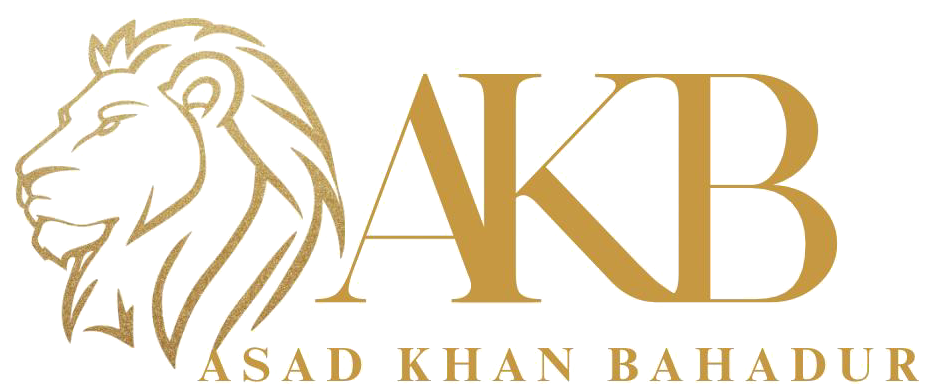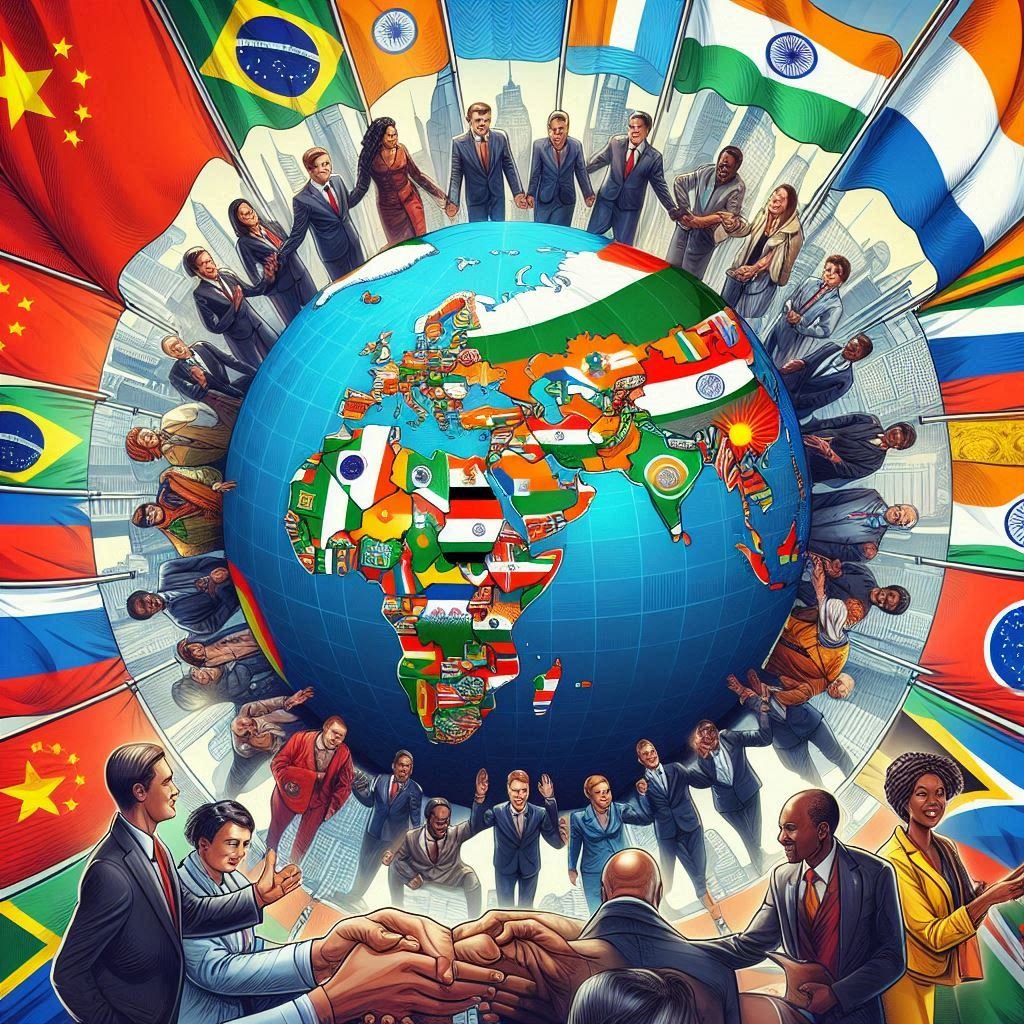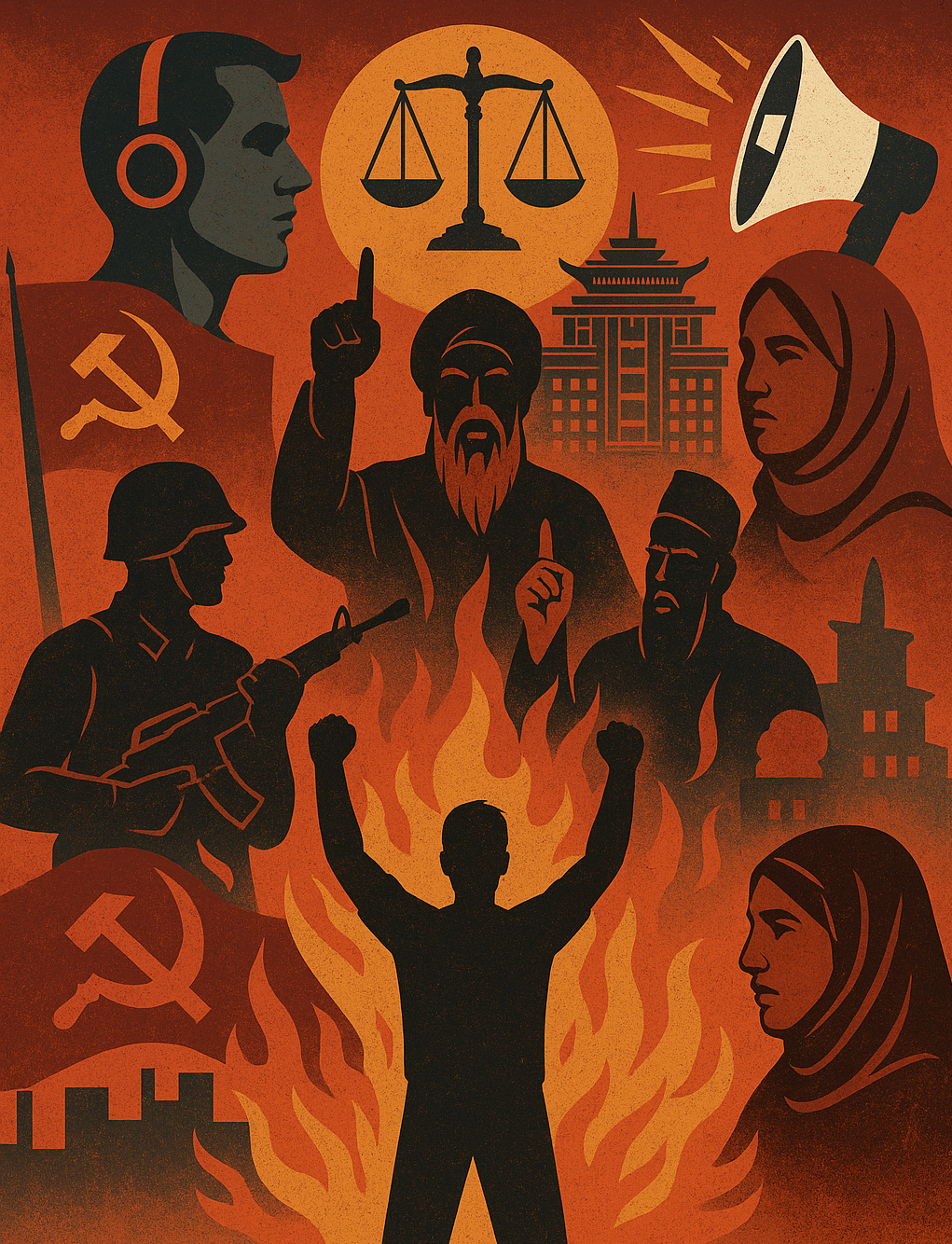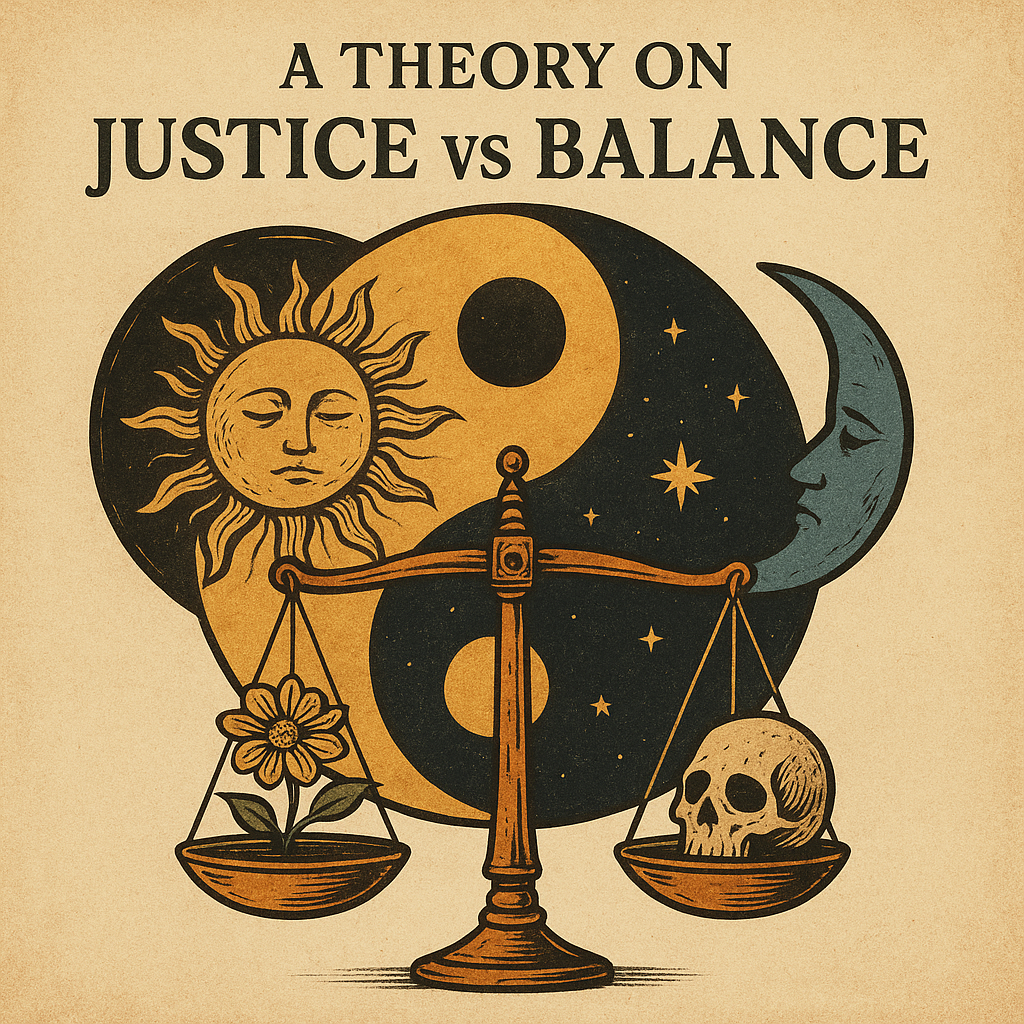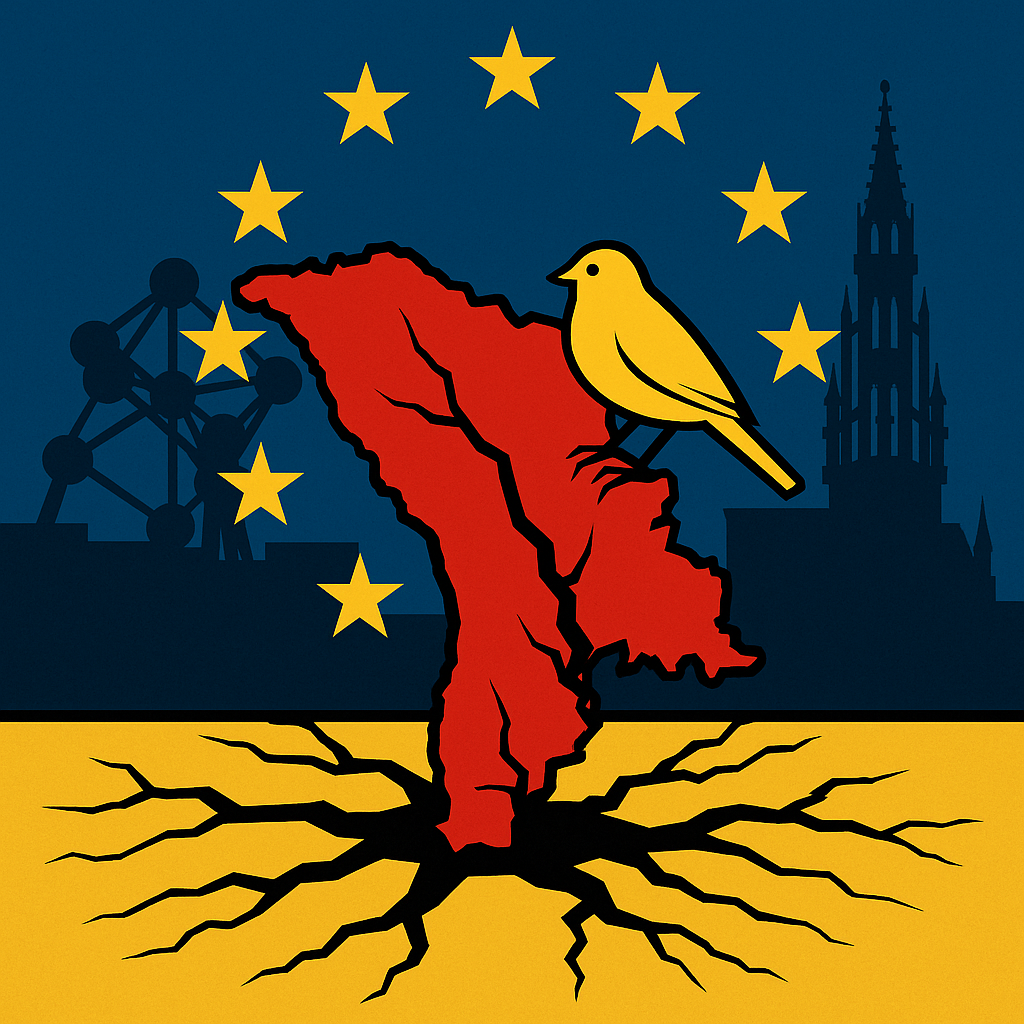
(Europe’s geopolitical canary in a cracked EU experiment)
As Europe’s gaze extends eastward, Moldova stands as a nation at the crossroads of Western ambition. While EU candidacy offers a beacon of hope, a closer examination reveals a fragile state grappling with internal divisions and external pressures, a situation that warrants careful consideration to avoid a scenario akin to the complexities witnessed in Ukraine.
1) Geopolitical Realities and Strategic Vulnerabilities:
Moldova’s geographical proximity to Ukraine and its diverse ethnic composition render it particularly susceptible to geopolitical currents. The prospect of EU membership, while holding long-term benefits, also presents immediate challenges that could exacerbate existing vulnerabilities, as highlighted in discussions surrounding the “Geopolitical and Security Concerns of the EU’s Enlargement to the East.” The upcoming parliamentary elections and the nation’s EU candidate status amplify these stakes, potentially deepening societal fault lines.
2) Concerns Regarding Religious Freedom:
Reports of pressure on Orthodox clergy, such as the case involving Archbishop Markell, raise concerns about the state of religious freedom in Moldova. Examining the interplay between democratic reforms and the protection of cultural and religious liberties, as explored in analyses like “How the EU Can Enlarge,” is crucial to ensure that the pursuit of one does not inadvertently undermine the other. Maintaining a balance that respects Moldova’s diverse societal fabric is paramount.
3) Western Support: Opportunities and Potential Pitfalls:
The government of President Maia Sandu, in its pursuit of closer ties with the EU, has received significant financial and political backing. While this support aims to bolster democratic institutions and reforms, concerns have been raised by critics regarding the potential for stifling dissenting voices and limiting the space for independent media. Understanding how external support shapes Moldova’s domestic policies, as discussed in “Re-Europeanization of Moldova’s Foreign Policy,” requires a nuanced perspective that acknowledges both the intended positive impacts and the potential for unintended consequences on internal unity.
4) The Risk of Societal Division:
Geopolitical analysts have pointed to the risk of escalating societal divisions within Moldova, particularly along the lines of “pro-EU” and “pro-Russia” sentiments. While these divisions have historical roots and internal drivers, external influences could inadvertently exacerbate tensions. It is crucial to foster an inclusive national dialogue rather than allowing these divisions to deepen to a point of instability. Learning from the experiences in Ukraine underscores the importance of proactively addressing such societal rifts.
5) Romania’s Complex Role and Historical Ties:
Discussions surrounding closer ties between Moldova and Romania, sometimes framed in terms of potential “integration,” add another layer of complexity. While officials often emphasize economic, demographic, and historical links, the differing perspectives within both nations and the broader geopolitical context necessitate a careful and sensitive approach. As explored in analyses of regional security, any steps towards closer alignment must consider potential implications for regional stability and external perceptions.
6) A Call for Responsible Engagement:
Moldova’s journey towards European integration requires a measured and responsible approach from all stakeholders. Instead of inadvertently deepening societal rifts, the focus should be on fostering genuine national unity, safeguarding fundamental freedoms for all citizens, and addressing the nation’s inherent vulnerabilities through inclusive dialogue and sustainable development. The lessons learned from the complex situation in Ukraine serve as a stark reminder of the need for foresight and a commitment to long-term stability in the region.
Moldova’s future as a sovereign and stable nation hinges on navigating these challenges effectively. The role of the EU and other international actors will be crucial in shaping this trajectory, hopefully towards a path of genuine progress and lasting peace.

